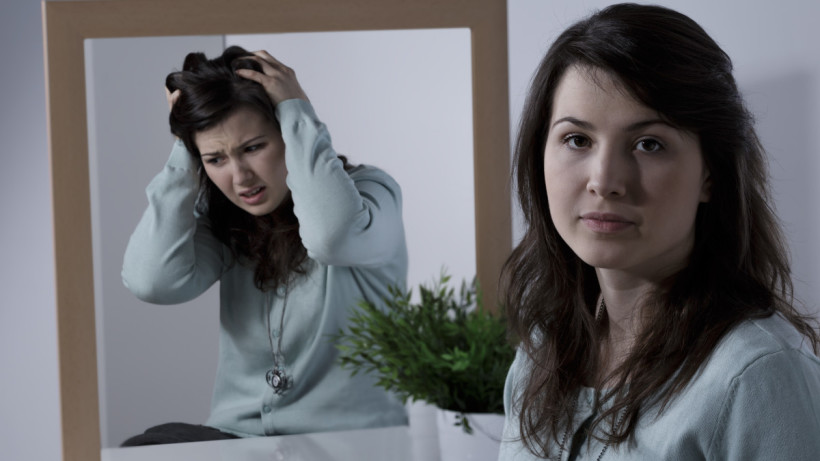
OCD (Obsessive Compulsive Disorder)
Overcoming OCD (Obsessive Compulsive Disorder)
OCD (Obsessive Compulsive Disorder) is where someone has developed highly repetative Obsessive Thoughts, with automatically triggered compulsive actions. This is very different to a form of OCD called Pure-O, where there are no triggering of compulsive actions. To give you an idea for example, if someone fears their home maybe broken into, they would then compulsively check every door, window and garden gate, multiple times before they go out of their home. OCD ranges from mild to severe, e.g. spending 30 minutes plus in OCD thoughts and behaviours, or become totally house-bound, unable to work.
We do not know what causes OCD (Obsessive Compulsive Disorder), but over the years many ideas or suggestions for future research have been put forward. Sometimes OCD, runs in familys and may be genetic which affects how the brain develops. Brain scans prove some people's brain's with OCD are different from people with OCD. Research shows approximately 12 in every 1,000 people in the UK (total 750,000 people) suffer from OCD. People also have shown to have less than normal Seretonin in their brain.
You can now be supported in a step-by-step way to overcome your personal challenge of OCD (Obsessive Compulsive Disorder). This disorders can greatly impact your life and stop you feeling positive and happy, making you feel tired, unmotivated and heavy.
Common symptoms may be one or more of the following: anxiety, stress, energy and motivation, disgust, embarrassment, lack of interest in activities re: school, college, work, partner. These symptoms can greatly affect your relationships and effectiveness re: studying, family, friends, work, leisure, sport, etc.
The advantage of coming to see us here at Barnsley Hypnosis & Counselling is that Jeana and Wendy have many years training and experience within our Private Practice in Barnsley, South Yorkshire.
Here we offer the very latest, proven and effective therapy methods, including; CBT (Cognitive Behavioural Therapy). Mental Health Guidelines with N.I.C.E. Guidelines often recommend certain types of medications alongside CBT (Cognitive Behavioural Therapy), or other Talking Psychotherapies. However we are also happy to help and support you without medications, unless you are presenting or thinking suicidal thoughts or actions.